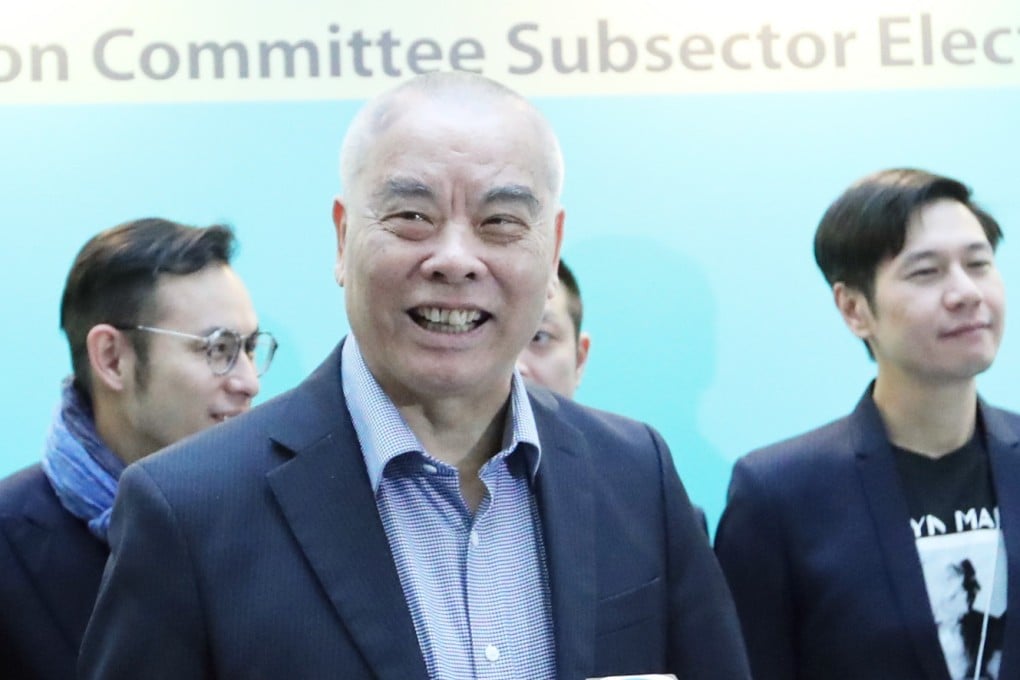Editorial | Taiwan film awards a political minefield
- Hong Kong filmmakers are being urged to think twice before attending the ceremony for the Golden Horse Awards for fear that untoward comments during the event could see their work banned in mainland China or worse, fall afoul of the national security law

The Golden Horse Awards in Taiwan is often referred to as the Oscars of Chinese-language films. The prestigious event is also an occasion for industry leaders in the region to showcase and celebrate their successes.
Unfortunately, the event has become increasingly politicised in recent years, so much so that it has again prompted a Hong Kong film body to appeal to producers and others in the local industry to “think twice” about attending the coming ceremony.
Hong Kong Motion Picture Industry Association chairman Crucindo Hung Cho-sing said this was not meant to stop members from joining the event. But he conceded that any untoward episodes during the ceremony may cost members the mainland market.
“We are really worried that someone will suddenly mention Taiwan independence or Hong Kong independence,” he said. The appeal was dismissed by some as just a pledge of allegiance to Beijing.
The concerns, however, are not unfounded. In 2018, the event ended on a sour note, with mainland actors and actresses snubbing the post-ceremony dinner in response to the pro-independence remarks by an award-winning Taiwanese director in her acceptance speech.
The following year saw the mainland film industry banned from taking part in the awards. Controversy flared again last year when the best documentary prize went to Revolution of Our Times, a Hong Kong film on the 2019 social unrest in the city.
